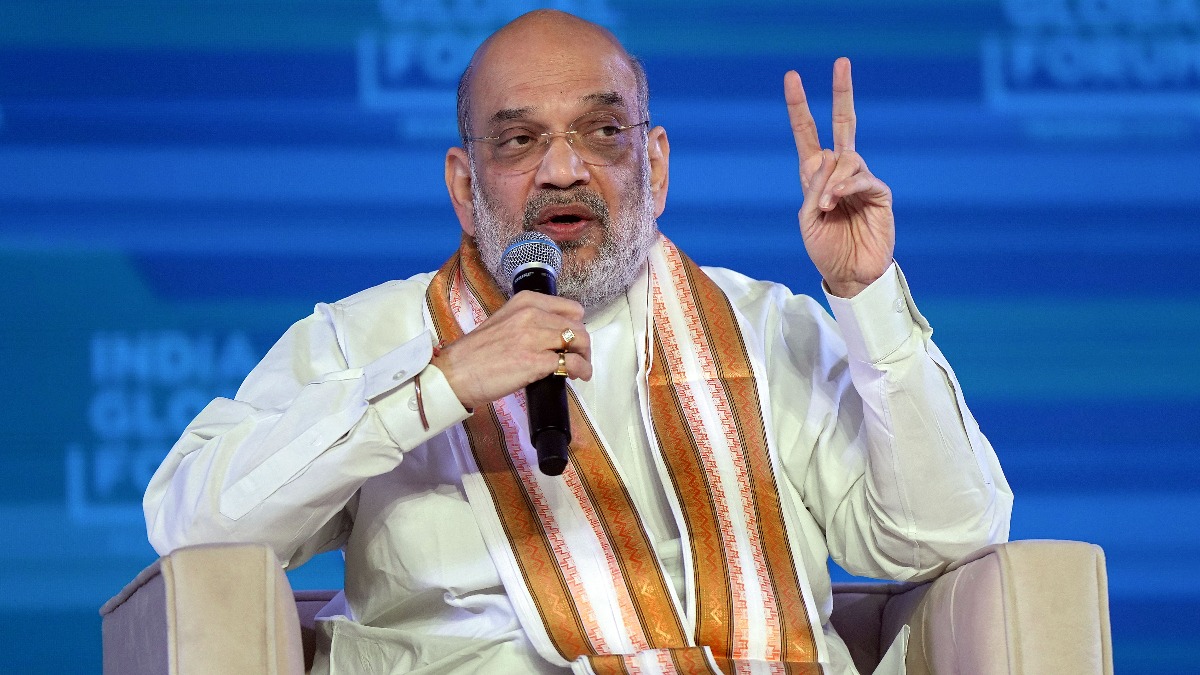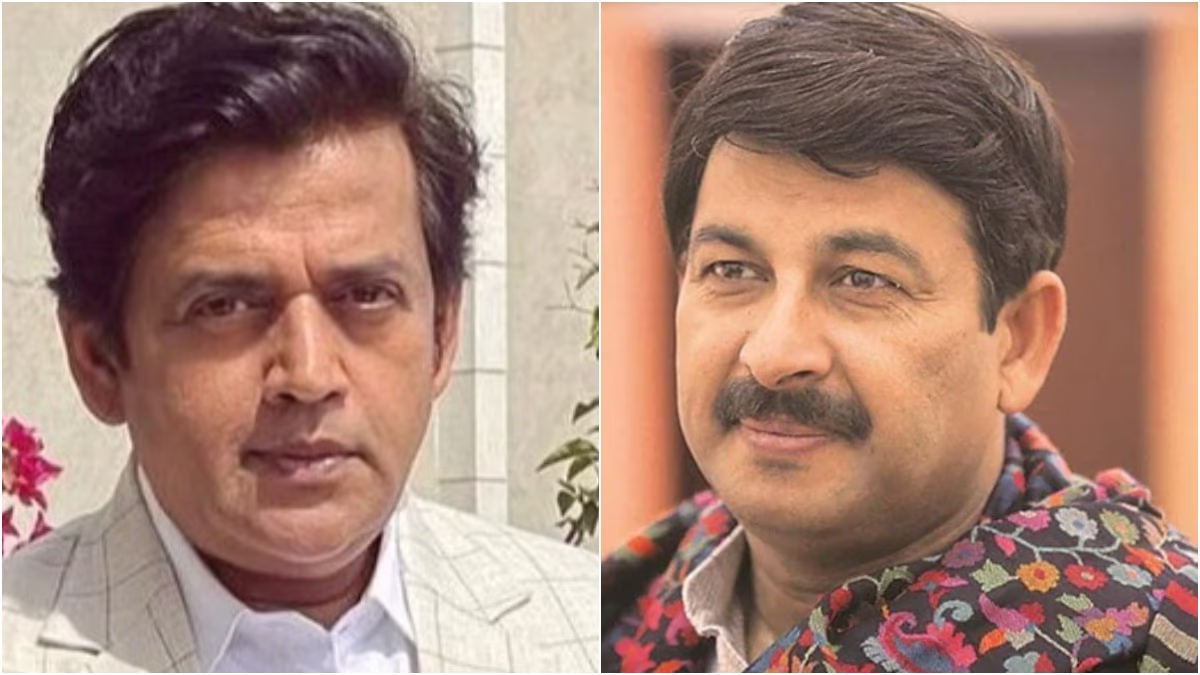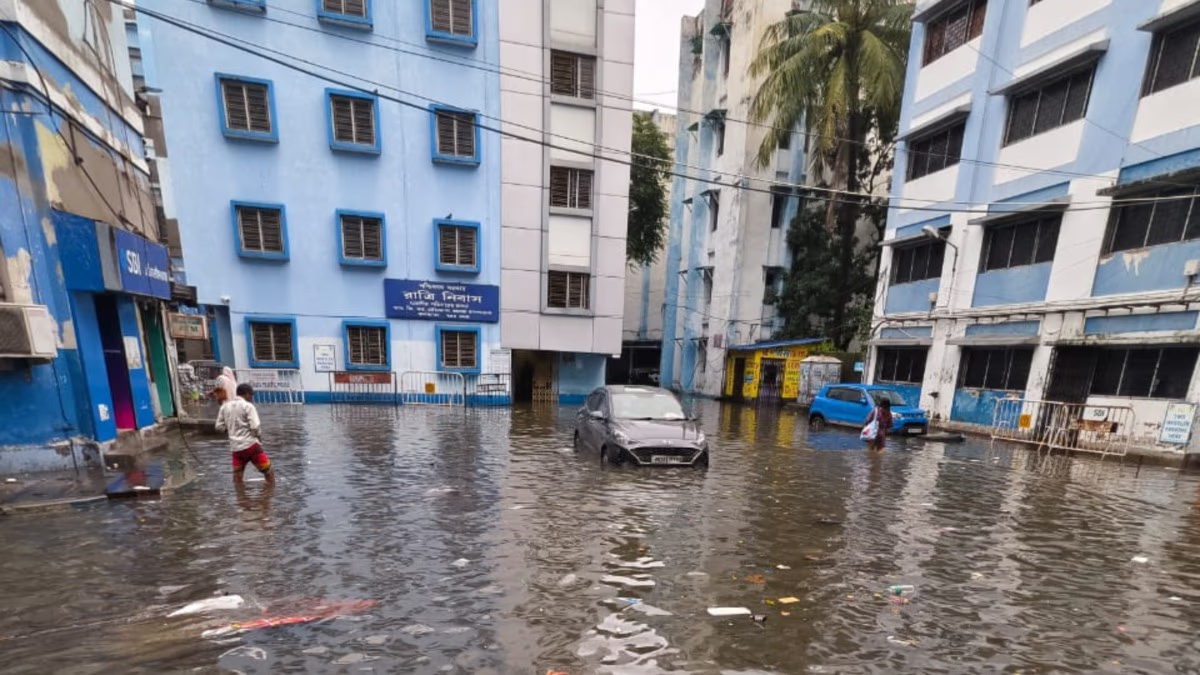Home Minister Amit Shah has mentioned that the central government is considering the withdrawal of the Armed Forces (Special Powers) Act, AFSPA, from Jammu & Kashmir. Speaking to a Kashmiri news channel, Shah revealed that the government plans to recall the troops and hand over the law and order responsibility solely to the Jammu & Kashmir police.
"Our plan is to withdraw the troops and entrust law and order to the Jammu & Kashmir police alone. Previously, the Jammu & Kashmir police were not trusted, but today they are leading operations," the Home Minister stated on the contentious issue of AFSPA, adding, "We will also think about repealing AFSPA. We want to engage with the youth of Kashmir, not the organizations with roots in Pakistan."
Reclaiming PoK is the objective of every Indian
Shah asserted that both the BJP and the parliament believe PoK is an integral part of India. He said, "Our Muslim brothers are Indians as well as the Hindu brethren in PoK; the land illegally occupied by Pakistan is also ours. Reclaiming it is the goal of every Indian, every Kashmiri. Today, Pakistan is enveloped by hunger and poverty, and its people view Kashmir as heaven on earth. I want to tell everyone that if there is anyone who can save Kashmir, it is Prime Minister Modi."
Regarding the reservation for Scheduled Caste (SC), Scheduled Tribe (ST), and Other Backward Class (OBC), Shah mentioned that for the first time, the OBC in Jammu & Kashmir have been given reservation by the Modi government, and one-third reservation has been provided to women. He mentioned, "Reservation has been given to OBC in panchayats and urban local bodies. We've created space for SC and ST without reducing the share of Gujjars and Bakarwals, giving 10% reservation to the Hill people. Special provisions have been made to accommodate people displaced from Pakistan Occupied Kashmir."
Future Plans Unveiled
Various organizations and individuals from Jammu & Kashmir and the Northeastern states have demanded the removal of AFSPA. Shah mentioned that there will be assembly elections in Jammu & Kashmir before September, expressing a promise to establish democracy in the region, not limited to "three families" but of the people. He said, "Center is committed to ensuring these benefits reach the grassroots level."
Where AFSPA Has Been Removed
There has been a sustained demand to revoke it in Kashmir. Any step by the government to repeal it would be a significant decision. Due to security improvements under the Modi government, the 'Disturbed Area' notification under AFSPA was completely removed from Tripura in 2015 and Meghalaya in 2018. The entire state of Assam has been under the 'Disturbed Area' notification since 1990. From April 1, 2022, AFSPA was removed from all of Assam except for 9 districts and one sub-division of a district. From April 1, 2023, further reducing the 'Disturbed Areas', AFSPA has been limited to only 8 districts.
When was the Law Enacted
AFSPA is a law applied in 'Disturbed Areas'. It provides armed forces personnel operating in these areas expansive powers necessary to maintain 'public order' – including searching, arresting without a warrant, and shooting if needed. Originally enacted on September 11, 1958, it was first applied in the northeastern states. It was introduced in Jammu & Kashmir in the 1990s when terrorism escalated in the region.
What is AFSPA?
The AFSPA grants unlimited powers to the security forces. They can arrest anyone without a warrant, use force, or even shoot to kill. They are required to give a warning before using force or firing. Security forces can stop and search anyone. Under this law, they have the right to search any premises. If they suspect insurgents or troublemakers are hiding in a building, they may also destroy it. Notably, no legal proceedings or lawsuit can be initiated against the security forces without central government approval.




